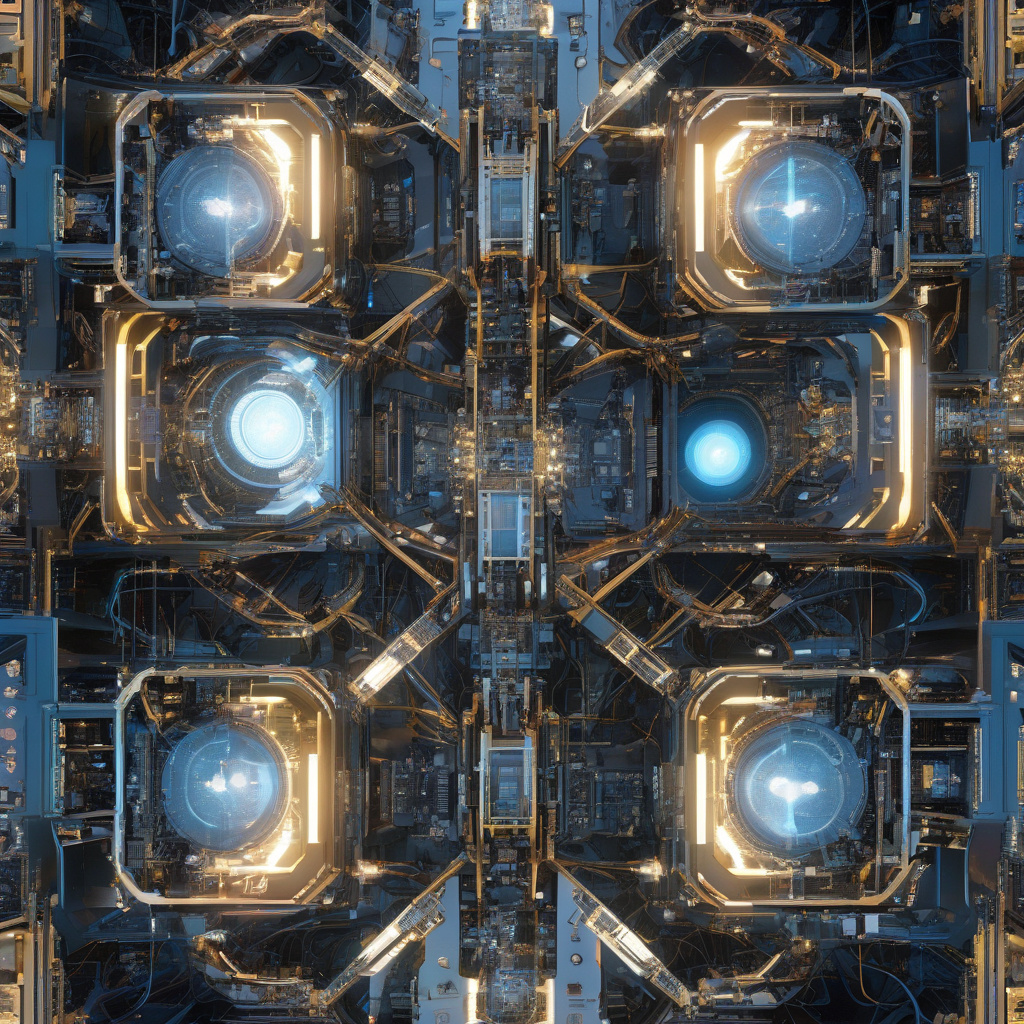The landscape of Artificial Intelligence (AI) is continually evolving, with groundbreaking changes on the horizon as we approach 2025. These transformations are set to revolutionize the way AI is integrated into various aspects of technology and software development. Let’s delve into four pivotal changes that will shape the future of AI and its applications.
Increased Personalization and Customization
AI algorithms are becoming increasingly sophisticated, enabling a more personalized user experience across different platforms. By 2025, AI-driven systems will be able to analyze vast amounts of data to tailor services and products to individual preferences. For example, e-commerce websites will leverage AI to recommend products based on a user’s browsing history and purchase behavior, creating a more engaging and personalized shopping experience.
Enhanced Natural Language Processing
Natural Language Processing (NLP) is a key area where AI advancements are poised to make a significant impact by 2025. Improved NLP capabilities will enable more seamless interactions between humans and machines. Voice assistants, chatbots, and language translation tools will become more intuitive and accurate, facilitating better communication and understanding across different languages and dialects. This means that users will be able to interact with technology more naturally, leading to increased efficiency and effectiveness in various tasks.
Ethical AI Implementation
As AI technologies become more pervasive, the need for ethical considerations in AI development and deployment becomes paramount. By 2025, there will be a greater emphasis on building AI systems that are transparent, fair, and unbiased. Developers and organizations will need to prioritize ethical AI practices to ensure that algorithms are not perpetuating discrimination or reinforcing harmful biases. This shift towards ethical AI will be crucial in building trust with users and maintaining the integrity of AI applications across industries.
Edge AI and IoT Integration
The integration of AI with Edge computing and the Internet of Things (IoT) will be a game-changer in 2025. Edge AI refers to the deployment of AI algorithms directly on devices at the network edge, enabling real-time data processing and analysis without relying on cloud services. This convergence of AI, Edge computing, and IoT will lead to more efficient and responsive systems in various domains, such as smart homes, autonomous vehicles, and industrial automation. By bringing AI capabilities to the edge, devices can make faster decisions, conserve bandwidth, and operate with greater autonomy.
In conclusion, the year 2025 promises to bring forth transformative changes in the field of Artificial Intelligence. From personalized experiences to ethical considerations, and from enhanced NLP to Edge AI integration, these advancements will reshape the way we interact with technology and harness the power of AI. As professionals in the IT and development sectors, staying informed and adapting to these changes will be essential for leveraging the full potential of AI in the years to come.

